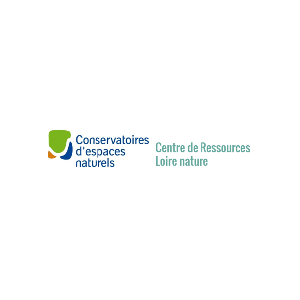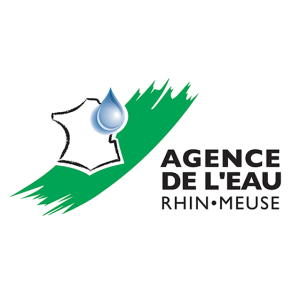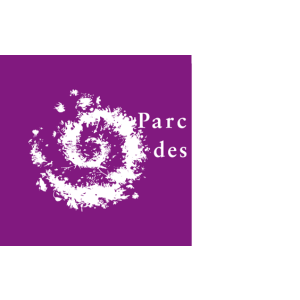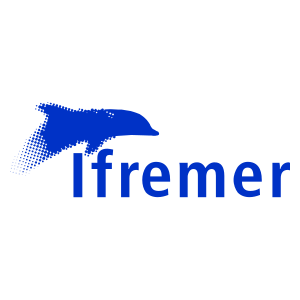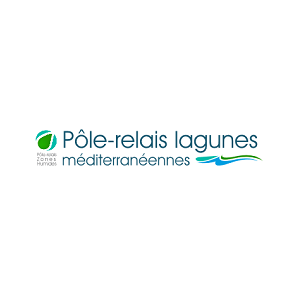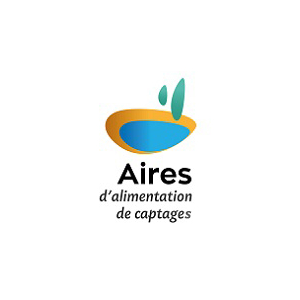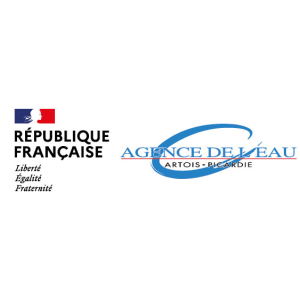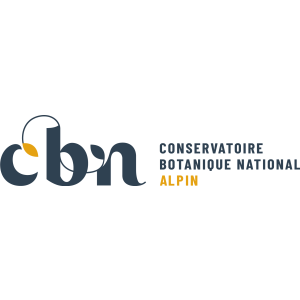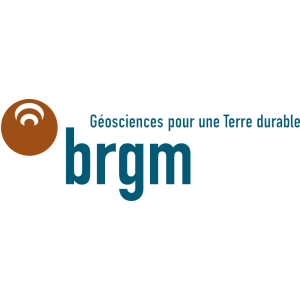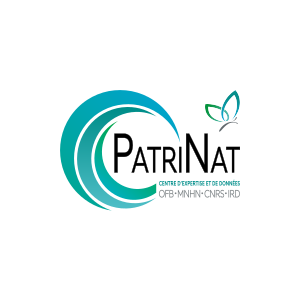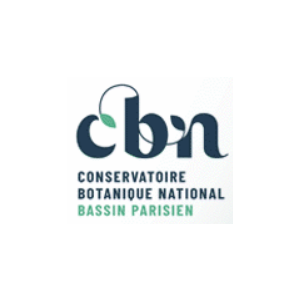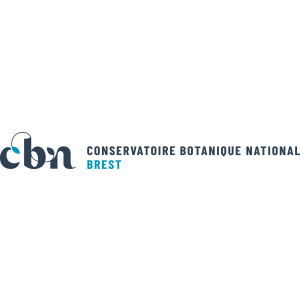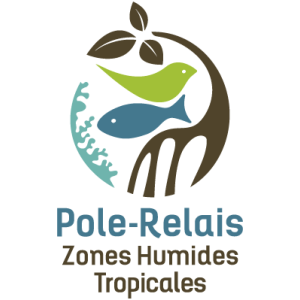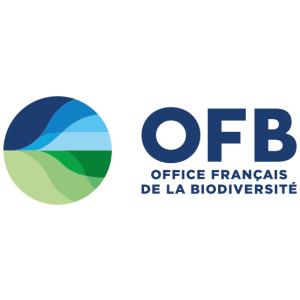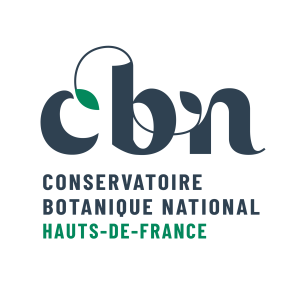
Document généré le 05/02/2026 depuis l'adresse: https://www.documentation.eauetbiodiversite.fr/fr/notice/croissance-de-differents-lots-de-coquille-saint-jacques-pecten-maximus-en-culture-sur-le-fond-dans-la-rade-de-brest
Croissance de différents lots de coquille Saint-Jacques Pecten maximus en culture sur le fond dans la Rade de Brest
Titre alternatif
Producteur
Contributeur(s)
Éditeur(s)
Actes du Symposium, Rochefort sur Mer, 9-13 septembre 1986, Haliotis 16, pp. 463-477
Identifiant documentaire
9-6189
Identifiant OAI
oai:archimer.ifremer.fr:6189
Auteur(s):
Buestel, Dominique,Gerard, Andre,Guenole, Annie
Mots clés
Pectiniculture
Croissance
Pecten maximus L.
Coquille Saint Jacques
Date de publication
09/09/1986
Date de création
Date de modification
Date d'acceptation du document
Date de dépôt légal
Langue
fre
Thème
Type de ressource
Source
Droits de réutilisation
info:eu-repo/semantics/openAccess
Région
Département
Commune
Description
Six batches of king scallop juveniles of different origins and obtained either by collection in their natural habitat (Saint-Brieuc, Scotland, Ireland), or by hatchery production in Brest in 1981, 1982, 1983, have been sown, at a size of 3 cm, in the roadsted of Brest between 1977 and 1983. Their growth, strongly linked to the evolution of the temperature, is well-described by a model, including a sinusoidal modulation, by Von Bertalanffy. The growth of the scallops collected in Saint-Brieuc, Scotland and Ireland, differentiates from that of the individuals from their original area and shows similarities with that of the scallops produced in Brest. Consequently, there must be an adaptation of the growth to the environmental conditions of the roadsted of Brest. Hatchery scallops, with an average length of 107 mm and a Von Bertalanffy K of 0.7, show a growth pattern which is similar to that of the natural populations they are from. From a practical point of view, the commercial size (length of 102 mm) is reached two years after the sowing, which makes the king scallop a very interesting species for seabed farming.
Accès aux documents
0
Consultations
0
Téléchargements

